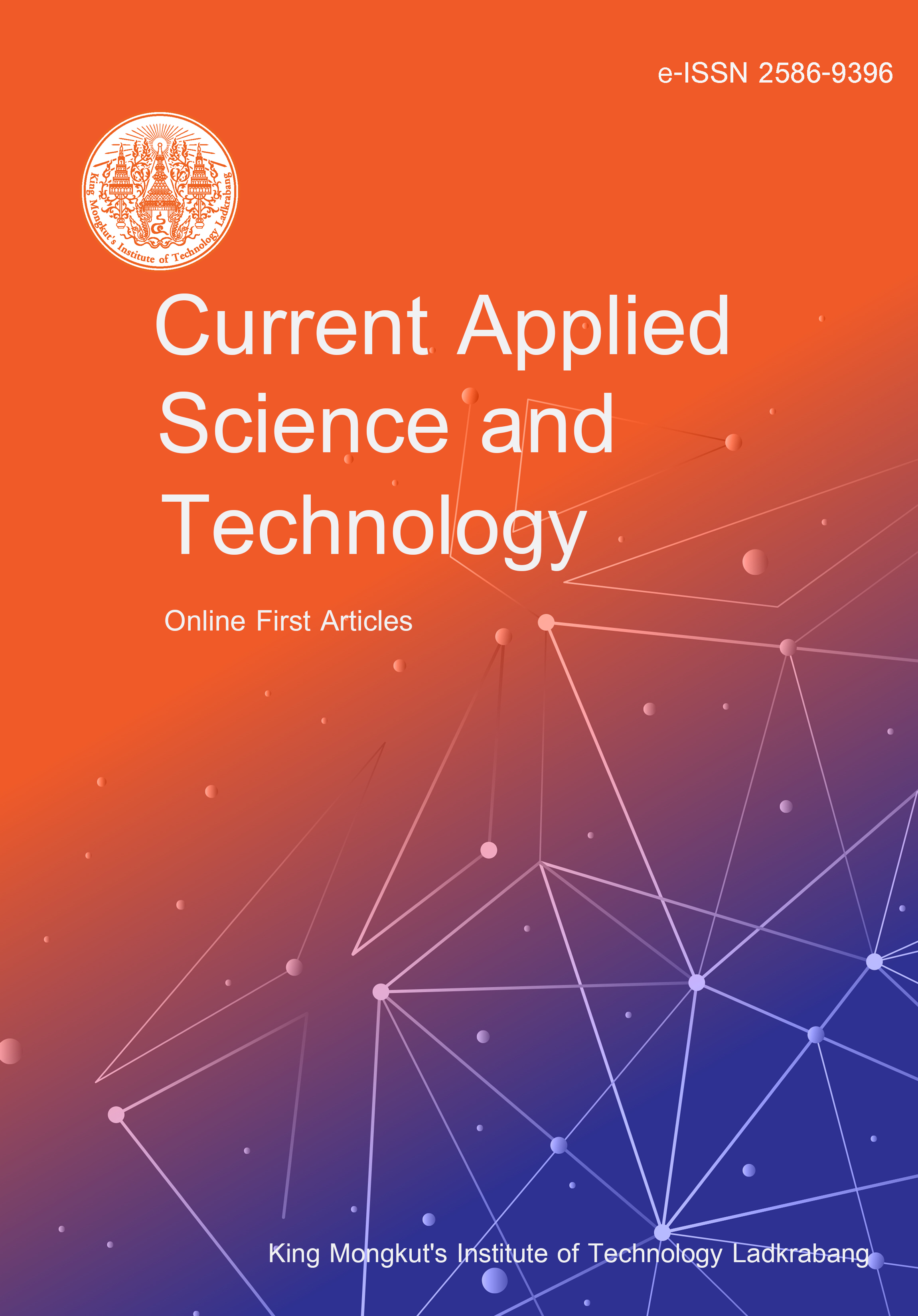The biotechnological relevance of rhizosphere microbiomes with diverse mechanisms underlining their survival under harsh environments for improved plant nutrition and resilience against drought and phytopathogens cannot be over-emphasized. We aimed to isolate, screen, and molecularly identify plant growth-promoting bacteria from the maize soil sourced from different farmlands in the coastline areas of Ondo State, Nigeria. The bacteria isolated were identified molecularly using 16S rRNA gene sequencing. Twenty culturable bacterial isolates were subjected to plant growth-promoting screening, biocontrol test, and drought, heavy metals [lead (PbSO4), cadmium (CdSO4), zinc (ZnSO4), and copper (CuSO4)], and salt (NaCl) tolerance tests. The three bacteria with positive results for the tests were selected and identified as Serratia marcescens BSE_1, Bacillus cereus BSA_1, and Proteus mirabilis BSI_1. P. mirabilis BSI_1 exhibited biocontrol activities of 2.9 mm against the pathogenic fungus, Sclerotium rolfsii, and high tolerance of 41% and 46% to ZnSO4 and CdSO4 at 0.1% and 0.2%, respectively. The high PbSO4 tolerance of 89% and CuSO4 tolerance of 98% by S. marcescens BSE_1 and B cereus BSA_1 were recorded in an inoculated medium supplemented with 0.3% PbSO4 and CuSO4. The high salt (NaCl) tolerance of 76% at 0.1% and 0.2% were recorded for B. cereus BSA_1, and P. mirabilis BSI_1 compared to the control. The experimental trials involving greenhouse and field bioinoculation showed a significant effect of mixed drought-tolerant bacteria on maize growth compared to the control. Therefore, harnessing these rhizobacteria as bioinoculants to maximize coastal agricultural productivity can help ensure food security.
Adeleke, B. S. ., & Fakoya, S. . (2025). Isolation, Screening, and Molecular Identification of Plant Growth-Promoting Rhizobacteria from Maize Rhizosphere Soil. Current Applied Science and Technology, e0266217. https://doi.org/10.55003/cast.2025.266217


https://cast.kmitl.ac.th/doi/10.55003/cast.2025.266217